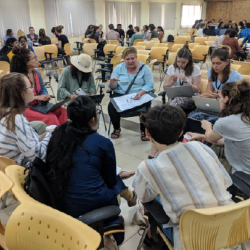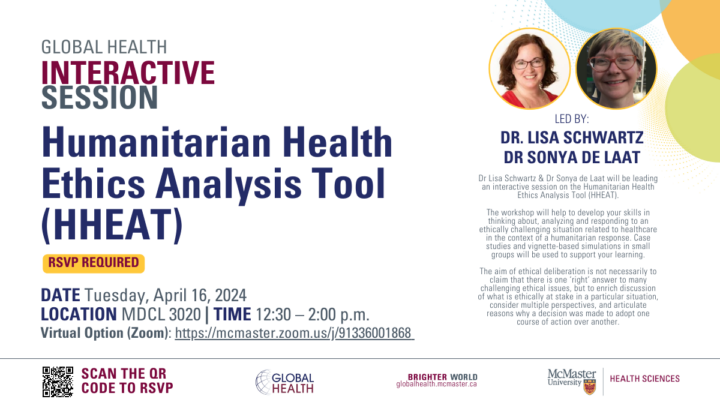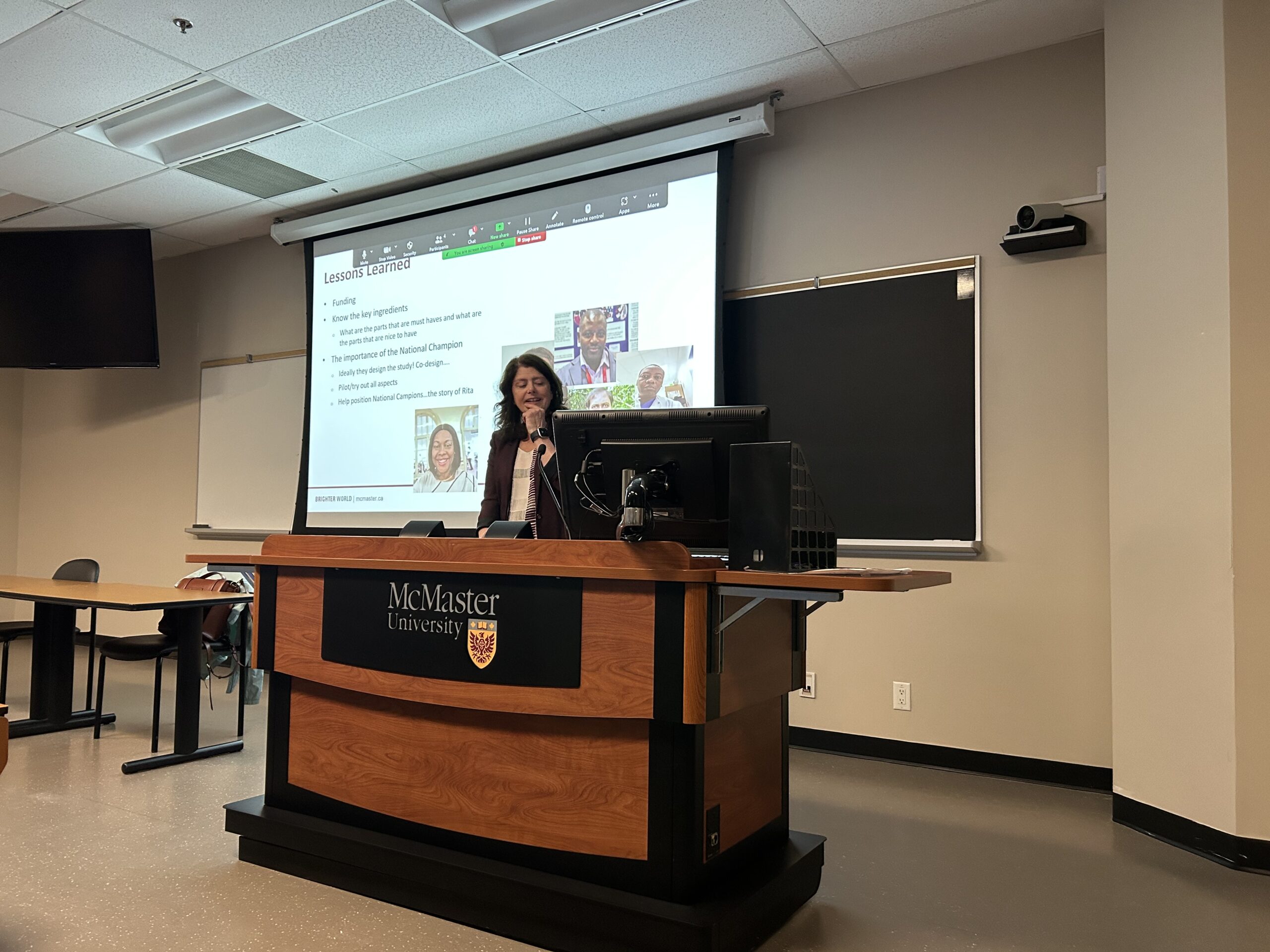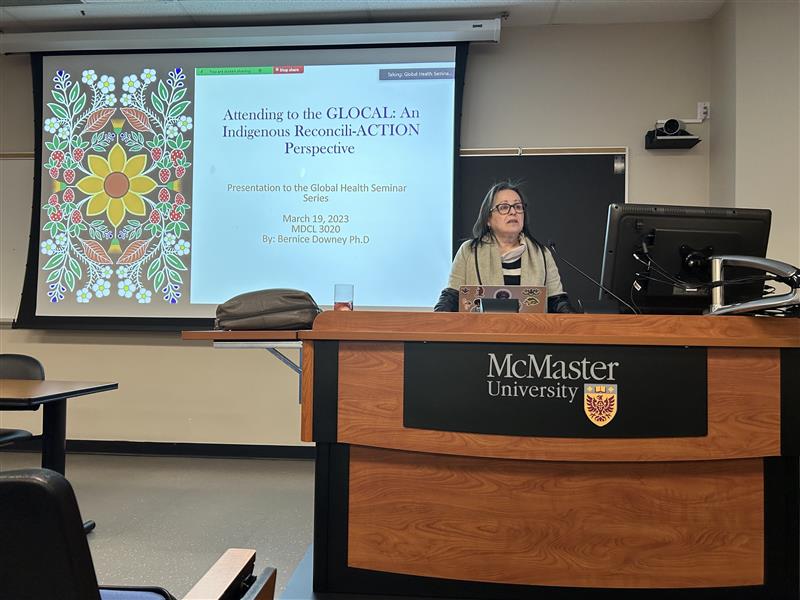Symposium day 3: Pitches, juries and tropical rainfalls

The second day of pitches
The beginning of the second day of the Global Health Symposium had different cluster groups participate in group activities. Faculty members were present all day to guide sessions, discussing possible challenges and scenarios for the field visits starting tomorrow. The TMA Pai Hall hall buzzed with cracking brains and heated conversations prior to entering the field.
Later during the day, it was time for the the second session of Foundations pitches. The five remaining groups of students coming from all four universities presented their innovative projects in front of an eager jury. As if that wasn’t a challenge enough already, tropical rainfalls, concurrent electricity cuts, and failing-to-work microphones created an extra real-life dimension to it. But team members kept performing their roles as representatives of their organizations perfectly! Topics ranged from tackling mental health issues amongst refugee children to food security and malnutrition issues and female empowerment.
Q & A with Preeti Sushma: Coordinator and Ph.D Student Maastricht University
 How important is the Symposium in terms of building student’s careers?
How important is the Symposium in terms of building student’s careers?
It goes in line with what we learn here and what we do in our work after. It builds a lot of important skills related to research but also going beyond that the network we build while at Manipal – it’s going to stay with us for a long part of your life. The friends that I made during the Global Health program and also during the Symposium back then, are still part of my life not only personally but professionally, it’s quite a large network of important resources for me as well as support system.
Do you have tips for students with regards to research?
Be honest. Be critical. Know what you want and keep in mind the larger context within which your research is being carried out in terms of broader perspective. Be aware of the unintended consequences. Have a look at it both in academic as well as its non-academic aspects of the research. The most important thing is to be flexible but also very reflective, think about what you are doing. It’s a good thing to question yourself about.
 Student Spotlight: Nachiket Gudi
Student Spotlight: Nachiket Gudi
Meet this Master of Public Health program student from the Manipal Academy of Higher Education.
What are your expectations from Global health symposium?
My expectations are to gain hands-on experience about systems mapping in the One Health cluster. Working with multifaceted topic has always been a dream for me and this cluster has made that dream come true. Teamwork and learning to build a professional network are my strengths and they are going to get stronger through this platform.
What have you experienced and learned so far?
So far, the learning experience is good with a different pedagogy that has enhanced my learning outcomes in terms of clarity of thought, ability to visualize and put up the systems perspective Although systems’ thinking was less referred to. The international context and multi-expert team with mentors is a good way to learn the art of field work in public health and thus be industry ready by the end of the course.
The Student Communications Committee
Student Blog


